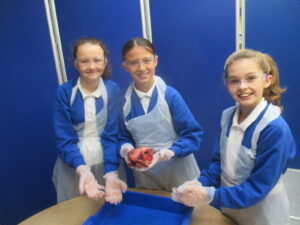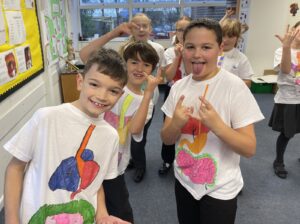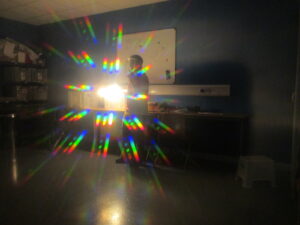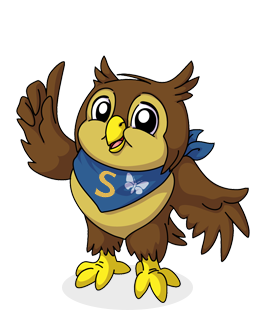“The important thing is to never stop questioning.” – Albert Einstein
The 2014 National Curriculum for Science aims to ensure that all children:
- develop scientific knowledge and conceptual understanding through the specific disciplines of biology, chemistry and physics
- develop understanding of the nature, processes and methods of science through different types of science enquiries that help them to answer scientific questions about the world around them
- are equipped with the scientific skills required to understand the uses and implications of science, today and for the future. We understand that it is important for lessons to have a skills-based focus, and that the knowledge can be taught through this approach
At Southill Primary, we encourage children to be inquisitive throughout their time at the school and beyond. The Science curriculum fosters a lively and healthy curiosity in children about our world and the wider universe and promotes respect for the living, non-living and the environment around them. We believe science encompasses the acquisition of: knowledge, concepts, skills and positive attitudes. Throughout the programmes of study, the children will acquire and develop the key knowledge that has been identified within each unit and across each year group, as well as the application of scientific skills. We ensure that the ‘Working Scientifically’ skills are built-on and developed throughout children’s time at the school year-upon-year so that they can apply their knowledge of science when using equipment, conducting experiments, building arguments and explaining concepts confidently.

Through our planning, we involve problem solving opportunities that allow children to find out for themselves. Children are encouraged to ask their very own questions and be given opportunities to use their scientific skills and research to discover the answers. This curiosity is celebrated within the classroom. Planning involves thought-provoking and engaging lessons, often involving a wide range of resources to aid understanding of conceptual knowledge. Teachers use precise questioning in class to assess children regularly and to identify those children with gaps in their learning, so that all children progress.
We build upon the learning and skill development of the previous years. As the children’s knowledge and understanding increases, and they become more proficient in selecting and using scientific equipment along with collating and interpreting results, they become increasingly confident in their growing ability to come to their own conclusions based on the evidence in front of them.
Skills that require children to work scientifically are embedded into lessons to ensure that they are being developed throughout the children’s personal learning journey. New vocabulary and challenging concepts are also introduced through direct teaching.

Teachers have a sound knowledge of the science curriculum and demonstrate how to use scientific equipment. Teachers often find opportunities to develop children’s understanding of their surroundings by accessing outdoor learning and workshops with experts.


